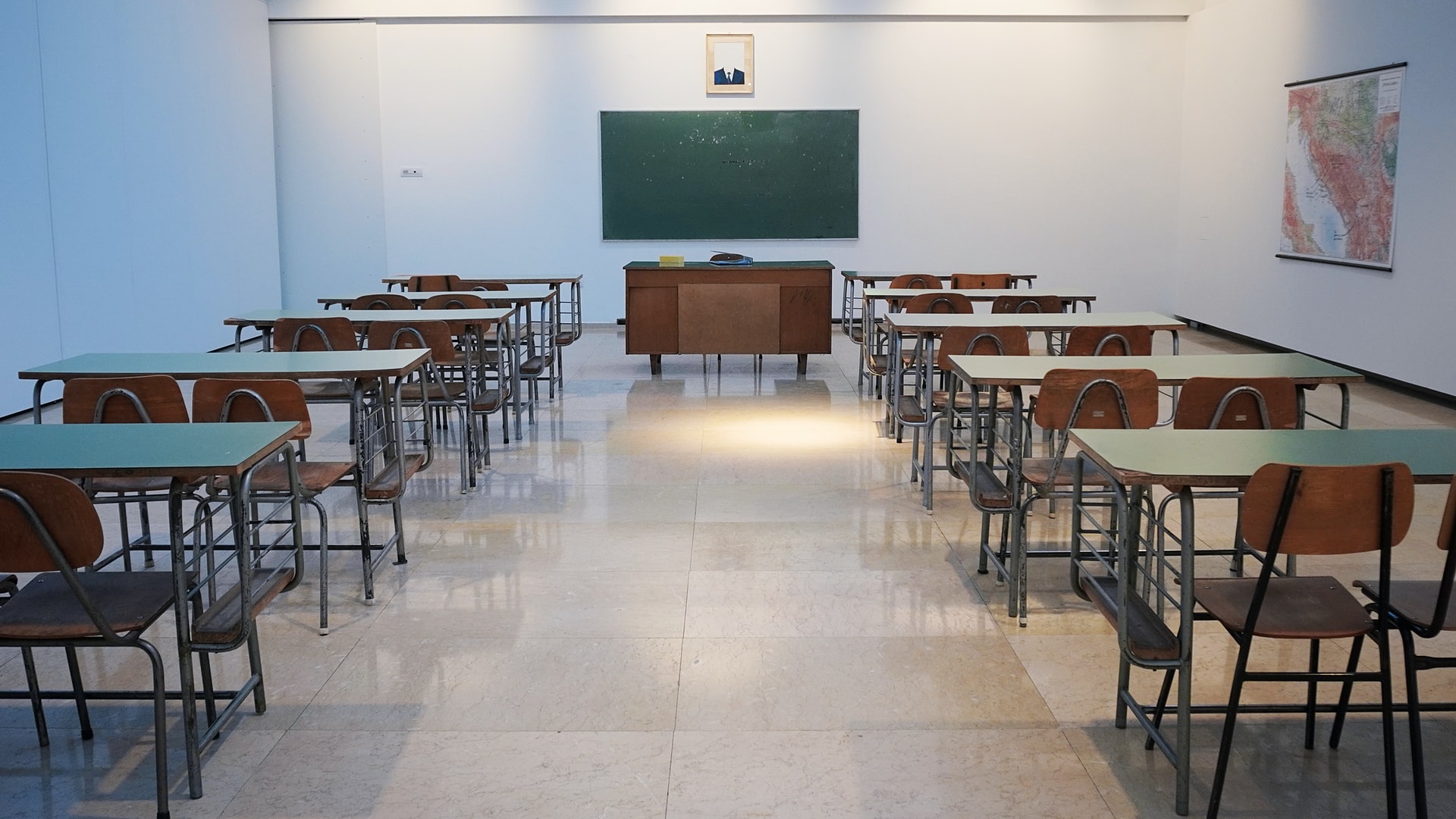Distinctive School Dress Codes

Most schools and colleges have dress codes that dictate what pupils are or are not allowed to dress like. Around 15% of America’s high/combined schools have strict dress codes mandating school uniforms; yet, other schools continue to have numerous rules and restrictions regarding suitable apparel.
School-appropriate attire includes decency and civility.
Many school dress standards require teens to wear sufficiently demure garments, meaning they conceal the skin well and are decent. Modesty standards aim to reduce attention and increase learner wellbeing. However, they are frequently accessible to modification depending on individual beliefs.
Shorts and skirts
The “fingertip criterion” is used by several schools to determine the acceptable span of skirts and shorts. According to the Socorro Independent School District, “skirts, skorts, and shorts should reach beyond the student’s fingertips while the student’s limbs are outstretched at his/her hips.” While many school districts do not differentiate between male and girl standards, some do. However, the shorts rule is the same: “Shorts for boys and girls…must be knee-length and worn above the hips.”
Tank Tops and Off-Shoulder Shirts
Many school policies prohibit thin straps, strapless tops, muscular shirts, off-the-shoulder shirts, and tank tops, especially when they reveal the whole shoulder or bra strap for females and nipples or abdomen sides for boys. Chehalis Middle School in Washington State prohibits any kid from wearing tops with less than “two fingers width of coverage on the shoulders,” while NCCSC prohibits boys from wearing shirts cut like “A-style under shirts or beach wear.”
Leggings
Spandex leggings, often known as yoga pants, are required by many schools to be worn beneath skirts, long shirts, or other apparel that hides the bottom and pelvic region. According to Warren Central School’s dress code, tights, leggings, or other pantyhose must be complemented by a finger length or high fade or dress.
Pajamas
Pajamas are frequently permitted at school on spirit days but are discouraged otherwise because they contradict other dress code guidelines, such as not wearing baggy garments or tank tops. When it comes to approved apparel, Southern High School lumps pajama pants in with other bottoms that may show skin through the fabric. Pajamas are classified as suggestive clothes by Coast High School.
There is no vulgarity.
Clothing with vulgar or indecent statements or designs is not permitted in schools. Vulgarity is defined as clothing that “depicts sexually provocative attitudes or acts, profanity, vulgarity, drugs, drink, or tobacco, or which degrades the integrity of specific groups,” according to Edison High School in California.
No bare midriffs allowed.
Boys wearing shirts chopped off at the sides or girls wearing tank tops are frequently not permitted to expose their midriffs. According to Salinas High School, “all regions of the stomach and back must be completely covered without pulling or straining.”
Keep Undergarments Hidden
Bra straps under crop tops, underwear under baggy jeans, and even undergarments visible through tears and holes in the clothing are not permitted. The Oregon NOW Model Student Dress Code is current and inclusive, yet it prohibits visible undergarments except for undergarment waistbands and straps.
Necklines
Necklines must be conservative. Many schools forbid necklines that reveal too much cleavage or too much of the chest. Carlisle School, for example, prohibits cleavage-revealing tops from being worn at school at any time.
Safety and Dress Codes
School dress standards for safety emphasize a few areas, such as gang activity, theft, aggression, and physical safety. They aim to eliminate apparel that can be used to conceal weapons and clothing that can make students more prone to accidents. Some clothing is also prohibited due to the risk of causing harm to school property. Spiked jewelry and pocketbook chains are examples of such products.
No gang-related clothing is permitted.
Color palette, head coverings such as a do rag, jewelry, insignia, or graffiti of any type are examples of these goods. James Logan High School forbids students from wearing gang-related attire on school grounds or at faculty events. Because gang identification varies by region, the particular codes will differ based on criminal activity in the area.
No oversized clothing
This could include bulky coats, overcoats, or any type of baggy apparel and is intended to help colleges prevent pupils from concealing weapons. According to Thompson Middle School, students are not permitted to wear “very baggy” apparel and must store all clothing, including jackets and drawstring sweatshirts, in their closets throughout the school day.
Tuck Those Shirts In
Tucked-in shirts are not required at all schools, although some do. Shirts must be pulled in at the waist for all pupils in the Saint Lucie County School District. This rule promotes a more professional appearance and sometimes aims to prohibit concealed guns in the waistbands of pants and skirts.
Appropriate footwear
While the definition of acceptable footwear varies, commonly prohibited shoes include something without a belt clip or that offers a risk of falling. For safety considerations, such as the capacity to respond appropriately during fire alarms or other crises, a school may not allow flip flops, platform boots, or shoes with wheels.
Distraction Avoidance Through School Appropriate Dress
Some clothing is not permitted in school because it is deemed a disruption of the educational process.
Sunglasses
Sunglasses can interfere with learning since they make it difficult for students to see indoors and for teachers to ensure they are paying attention. Students at Voorhees High School are not permitted to wear sunglasses unless they are recommended by a doctor for a legitimate reason.
Hats
This frequently includes hats, scarves, and visors but does not include religious head coverings. Districts such as the Martinez School District do not allow hats indoors as part of their dress code, but they are constitutionally required to allow children to wear hats for sun protection during outdoor activities.
Piercings
Besides pierced ears, many schools restrict obvious facial or body piercing and gaging. Extreme body piercings are not permitted at several colleges because they may be a distraction or endanger student safety.
Following School Rules
Irrespective of how you feel about school clothing restrictions, kids who persistently violate them may face disciplinary action. As a result, it’s helpful to be aware of your school’s uniform policy before the school year starts.




